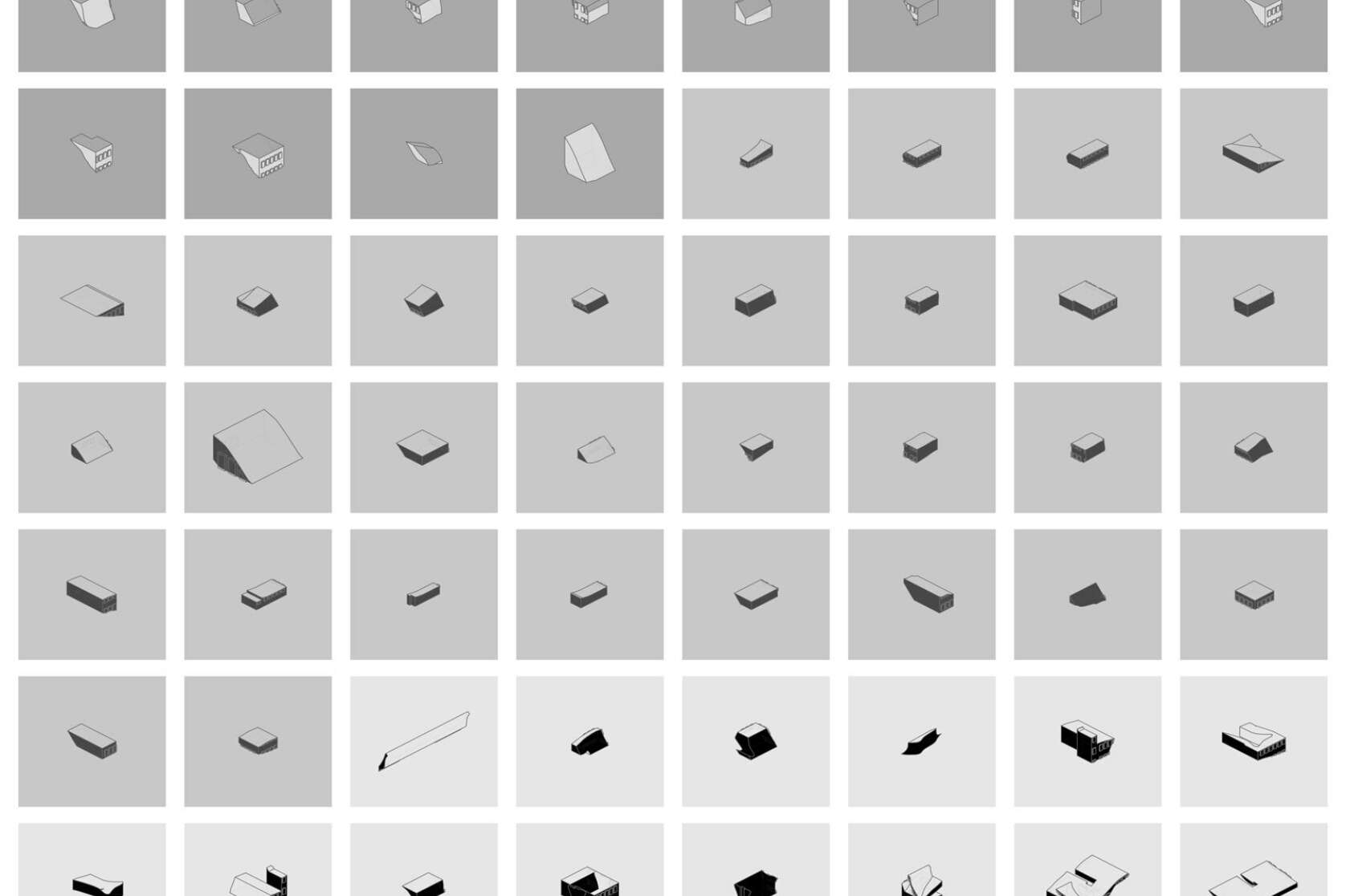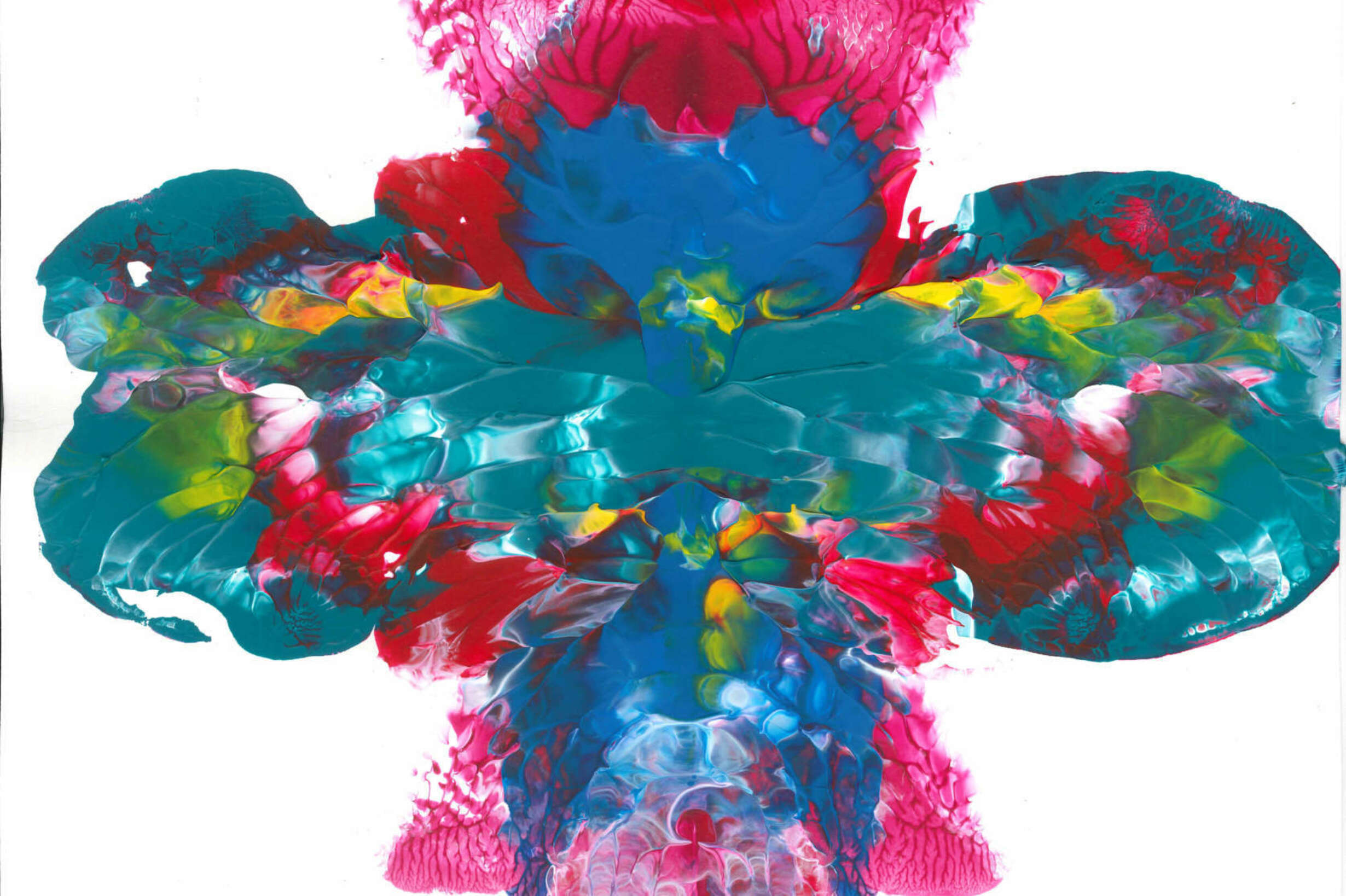Architectural Eudaemonia: Experiencing the Immersive Uncanny

This thesis explores the notion of eudaemonia.






This thesis explores the notion of eudaemonia.

The Greek term, eudaemonia, was described by Ancient Greek philosopher and scientist Aristotle as ‘human flourishing’. It incorporates the idea of fulfilment of a purpose but also the shape and narrative of a lifelong purpose. This conception derives from Aristotle’s essentialist understanding of human nature which requires activity and action so that it is not sufficient for a person to possess a squandered ability or disposition.
Eudaemonia is used in the context of this thesis to establish and illustrate through spatial experience the broad spectrum and subjectivity of human emotions. An experiential phenomenological lens is applied to view a range of emotions. This thesis proposes to argue for a paradigm shift in how people perceive their designed environments. Given the complexity of eudaemonia, this thesis considers various architectural precedents that acknowledge the characteristics of materiality, temporality and the threshold. These precedents are organised under research titled Experiential Architecture, Immersive Architecture, and Uncanny Architecture. The three themes act as an organising system, give intention to the thesis and provide a way of working.
This thesis proposes a design intervention informed by the various precedents, in the form of the hotel. The hotel is in contrast to the home — the familiar. Yet there is inhabitation of space, living for a time within a space. The hotel contends with the accumulated history of urban domesticity, comfort and the political and aesthetic dimension of subjectivity. This thesis reframes and explores the potential of the uncanny as a metaphor for a fundamentally ‘unhomely’ modern condition.